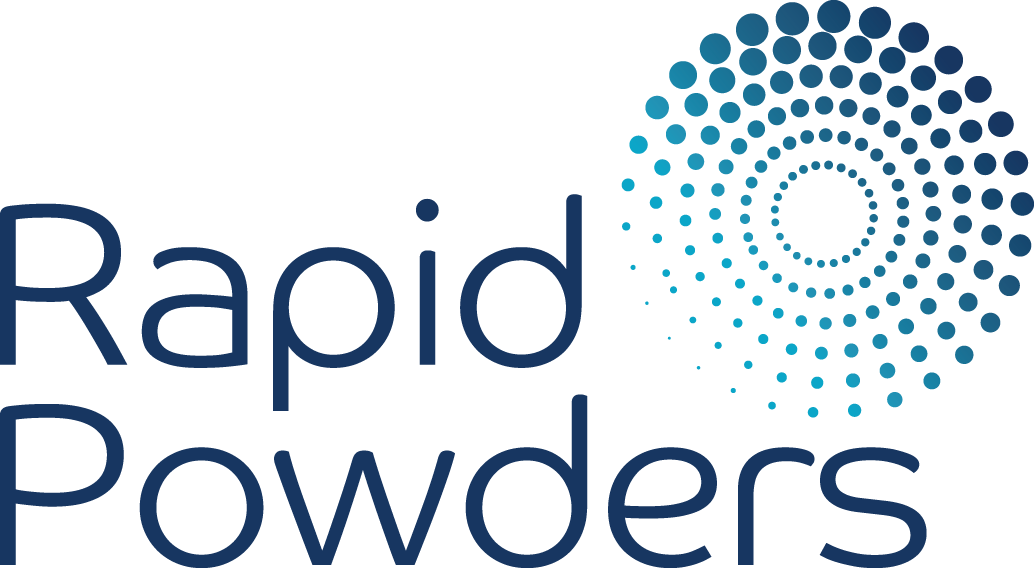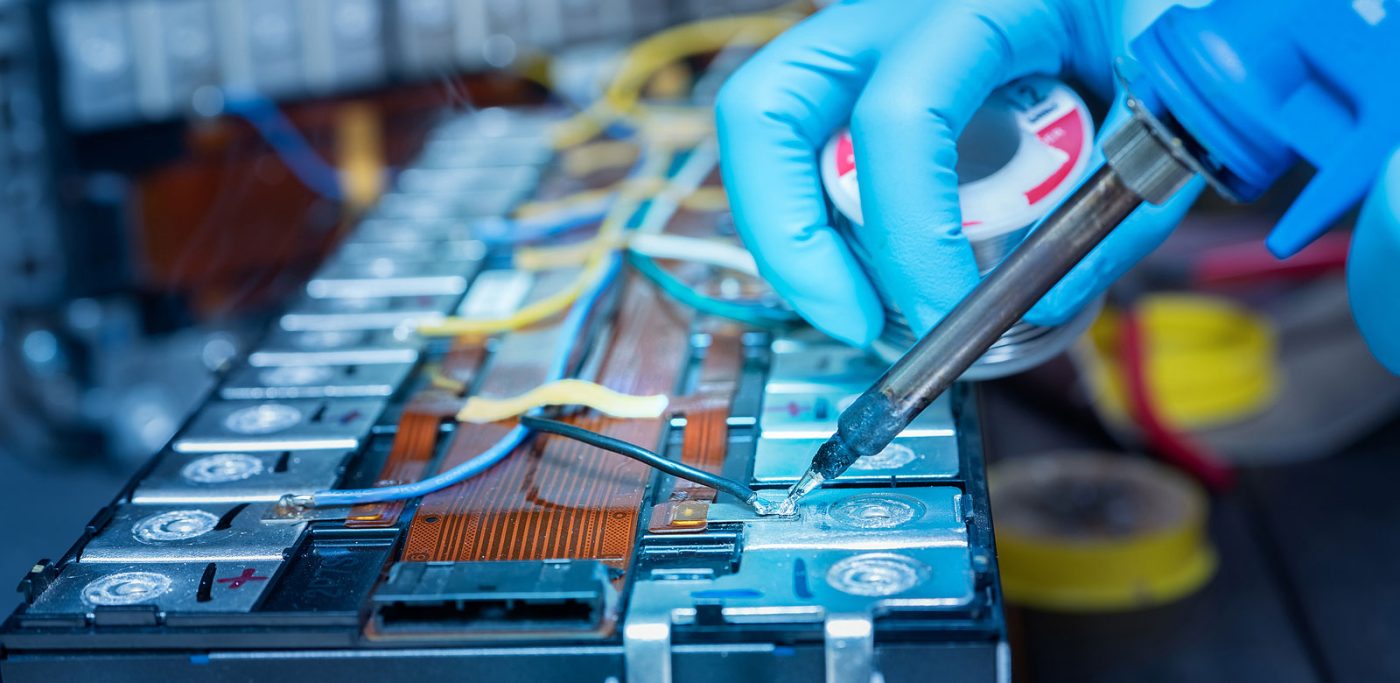Rapid Powders Ltd is leading a consortium to develop novel conductive polymers for Lithium-Ion Battery (LIB) applications. The 12-month, £639k project, has been funded by UK Research and Innovation’s Faraday Battery Challenge, delivered by Innovate UK.
The project aims to enable UK competitiveness across the battery value chain, to move battery innovation from technological potential, towards commercial capability to ultimately ensure that the UK can meet its net zero commitments.
The consortium, including The University of Warwick (Warwick Manufacturing Group), Graphene Star Limited, Global Nano Network Limited and Euriscus Limited, are conducting a feasibility study to develop a thin and lightweight current collector for LIBs used in Electric Vehicles (EV).
LIB batteries are one of the heaviest and most expensive components in a battery EV. This pioneering project aims to develop a lightweight, low-cost polymer current collector, to replace the aluminium and copper foil current collectors used in LIBs. The project estimates their current collector will save 4kg in weight in a typical 50kg automotive battery pack, increasing the battery’s charge and power density.
The consortium is one of 17 awarded funding in 2023. Tony Harper, Challenge Director of the Faraday Battery Challenge, commented, “As we move towards a net zero future the UK’s electric vehicle industry must continue to evolve. These winning projects have all shown how their ideas can potentially accelerate the development of technologies or business practices in the UK. I look forward to seeing how their innovations help to significantly advance the performance characteristics of batteries for electric vehicles.”
Further reading:
https://www.ukri.org/news/delivering-the-future-of-battery-technology/
https://warwick.ac.uk/fac/sci/wmg/
http://www.euriscus.co.uk/technology.php

